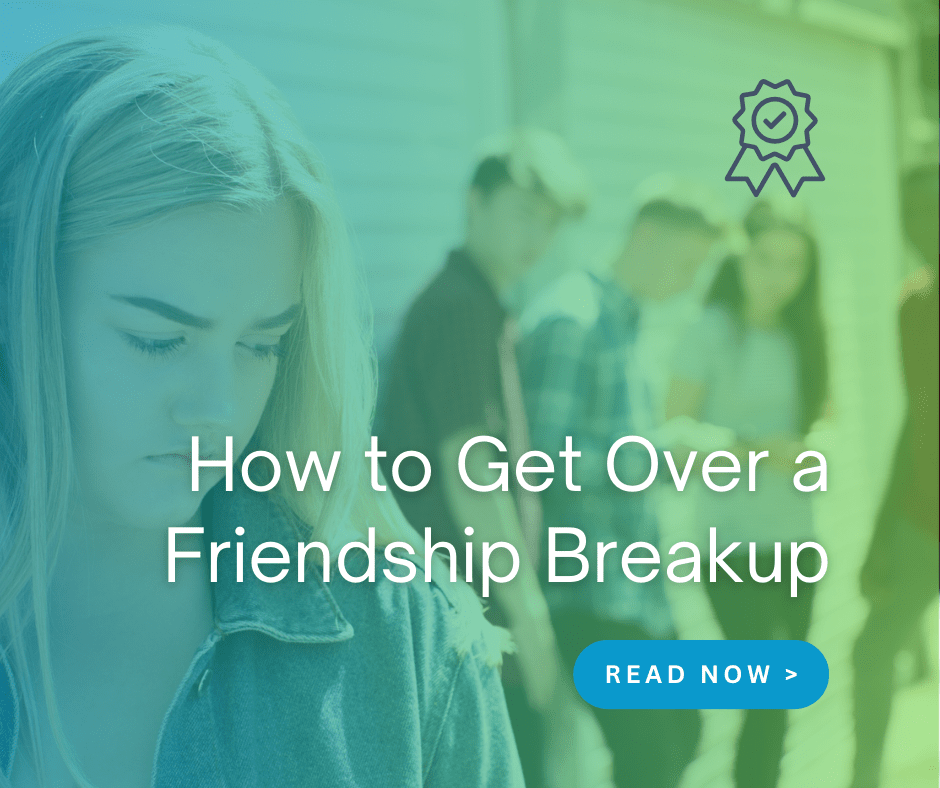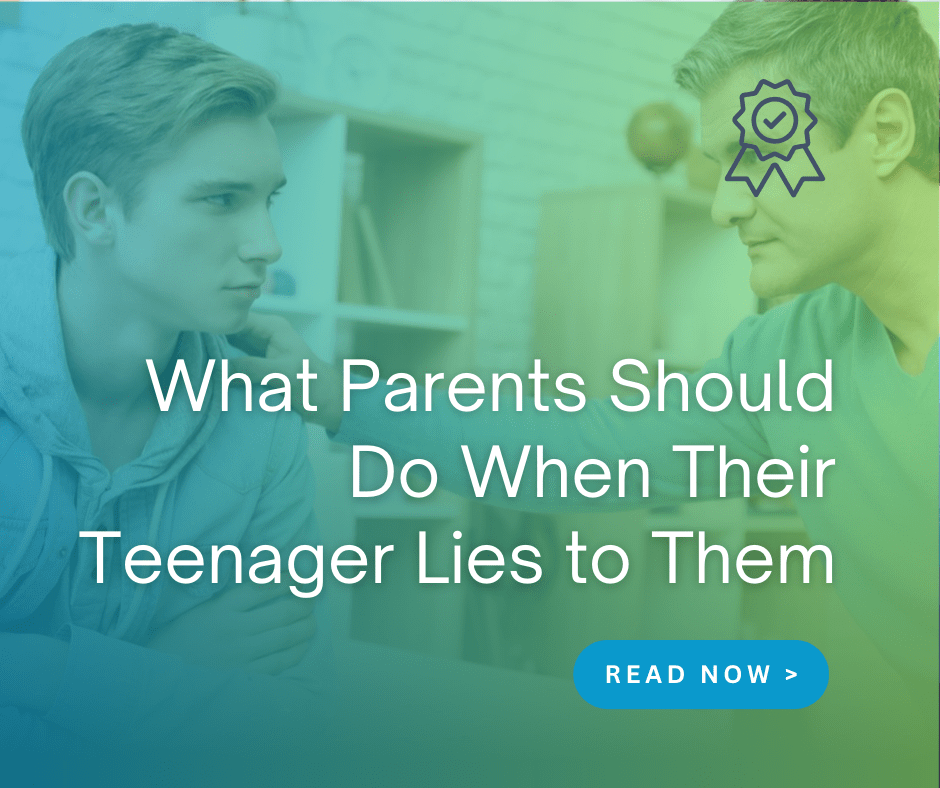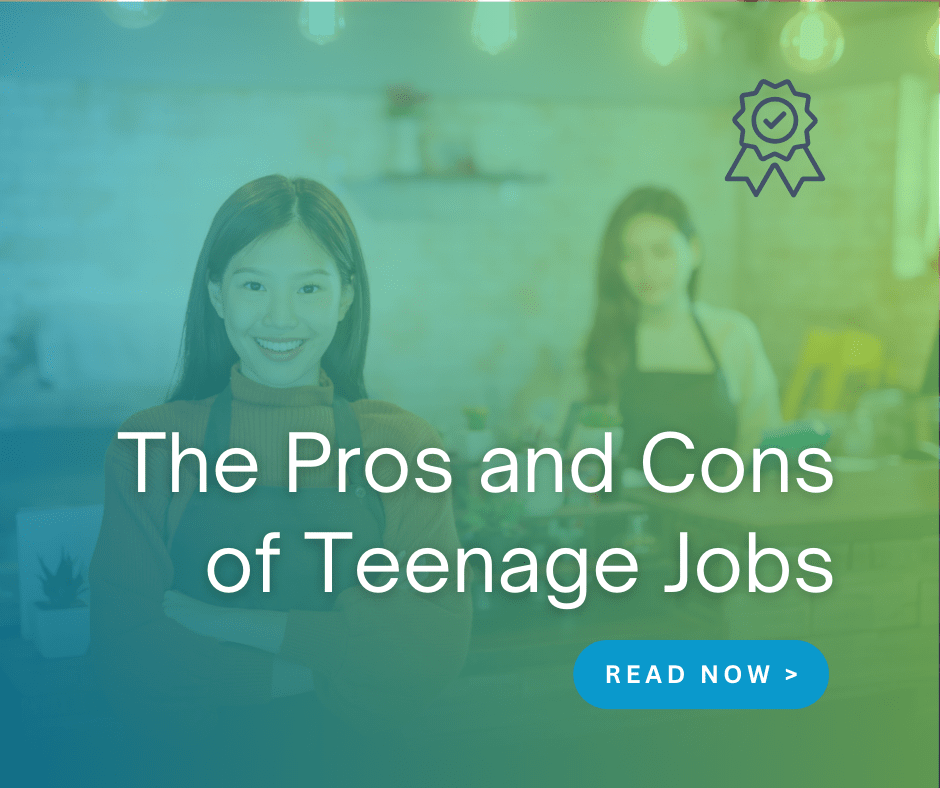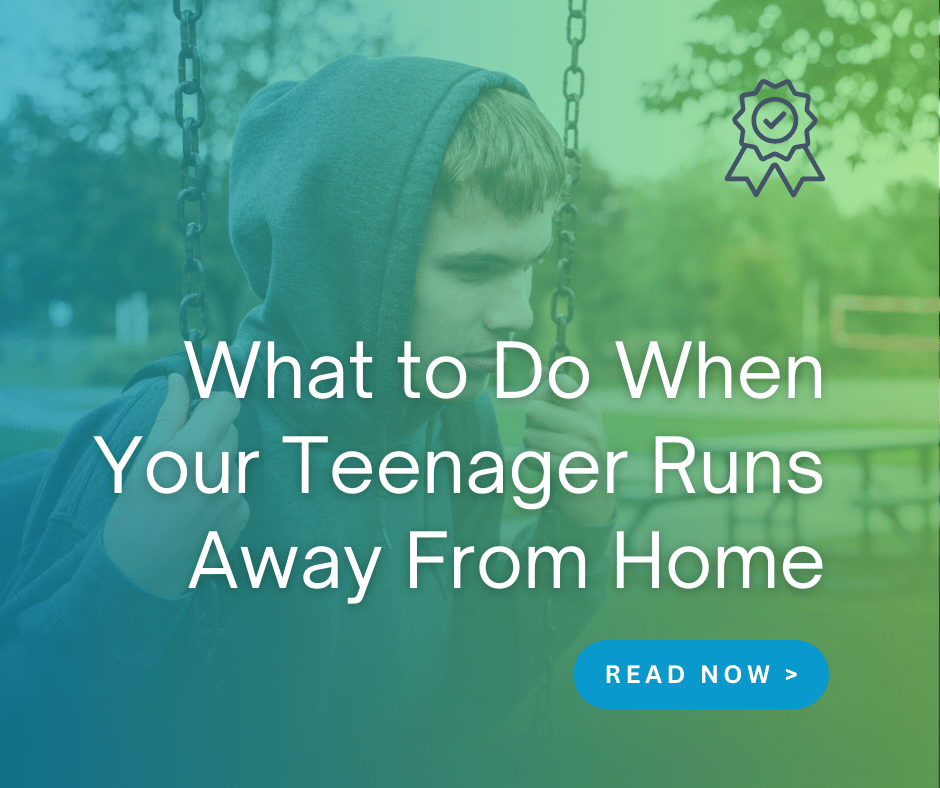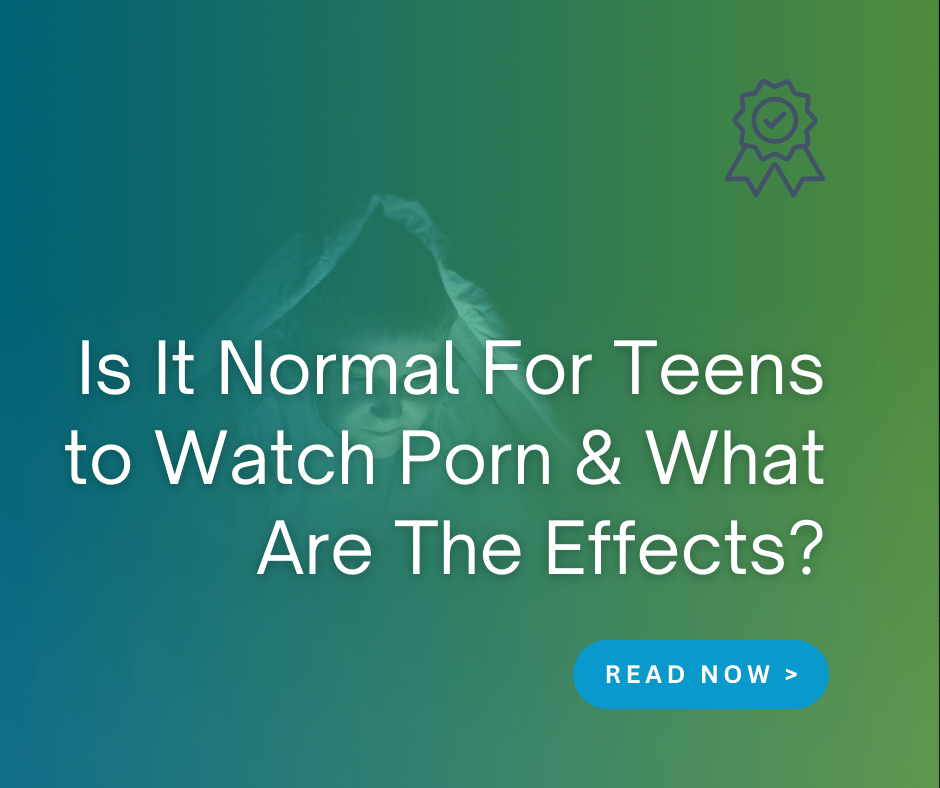Before we address the nuances of this question, let’s get five practical points out of the way:
- Drinking alcohol is illegal for anyone under 21.
- Smoking marijuana in states where it’s legal is illegal for anyone under 21.
- Taking prescription drugs without a prescription is illegal.
- Using controlled substances is illegal.
- If your kid gets caught by police for doing these things, the situation is almost entirely out of your hands.
Obvious things to mention, right?
We know we sound like teetotalers or like we’re showing off our doctorate degrees in the totally obvious, but these facts are often overlooked by parents when considering the question of whether to be permissive about teen drinking and drug use. If your teenager is drinking and doing drugs, here’s the reality check: what you should worry about first is them getting in trouble with the law.
The fact they get perfect grades is irrelevant.
The Police Won’t Ask For Their Transcript
If a police officer pulls your teen over and smells alcohol on their breath and marijuana coming from the car, they’re not going to ask for a report card. They’re going to ask for license and registration. Then they’ll tell your kid to step out of the vehicle. And then they’ll do their job – enforce the law – which does not include letting high academic achievers slide while arresting kids with average or below average grades. The numbers they’re worried about are the ones on the breathalyzer and the amount of marijuana or illegal substances they find in the car – not your kid’s GPA.
Now that that’s out of the way, we can move on to how you handle the situation.
Teen Drug and Alcohol Use
As a parent, you know teenagers are likely to experiment with alcohol and drugs. We won’t roll out all the statistics, here. We’ve covered those at great length in other articles and posts. We know you know about the opioid epidemic and prescription drug epidemic, you know about vaping, you know about binge drinking, and you know attitudes toward marijuana use in the U.S. have become more and more progressive over the past two decades. And even though you may not want to admit it, you understand your teen is not immune to peer pressure, curiosity, pushing limits, and finding out what they like and don’t like.
For some teens, experimenting with alcohol and drugs is part of all that.
You may be tempted to take a relatively common position. You may decide to allow your teen and their friends to drink and smoke in your home. Your reasoning goes something like this:
I’d rather my kid try weed or drink for the first time in the safety of my own home, where they’re not at risk of impaired driving or encountering law enforcement.
That choice is yours to make, but we won’t give you any cover. In 45 states, though, the law actually does give you some leeway. Click here to read the details. We’ll sum them up quickly: there are instances when minors are allowed to consume alcohol with parental consent and under parental supervision, and there are six states where minors are allowed to consume alcohol at private, non-alcohol selling premises without parental consent or supervision. There are medical exceptions, religious exceptions, educational exceptions (culinary school), and in some states, minors who report a medical emergency caused by drinking will not be prosecuted for the underage drinking they were doing when they reported the emergency.
Notice there are no exceptions for drinking and driving, zero exceptions for controlled substances, and no provisions that allow you to serve alcohol to minors who are not your children. To learn more about your legal liability for minors who consume alcohol while under your supervision, click here to read our article about California’s Social Host Accountability Laws.
What to Do if Your Straight-A Student is Partying
Back to the question at hand: should you worry if you catch your teen drinking or doing drugs? For instance, you find weed in their backpack. Or a pipe or vape device in their room. Maybe you find out through the social grapevine that they drank at a party. What should you do?
You know you need to talk to them about it. So you do. But they say something like, “I drink sometimes, and I might smoke sometimes, too – but don’t worry, I have it under control. And besides, I get straight As, so why can’t you just leave me alone about it?”
The first thing you do: read them the (5) points we led the article with. Then remind them that if they get in trouble with the law, it can have negative consequences for the rest of their lives. It can affect getting a driver’s license, getting into college, getting scholarships or loans if they do get into college, and getting a job now and in the future.
Tell them their grades have nothing to do with any of that.
The second thing to do is discuss the facts about alcohol and substance use disorders. Tell them in no uncertain terms that developing problems with alcohol and drugs as teens can have serious, long-term consequences for their physical and emotional health. If there’s a history of alcohol or drug problems in your family, make sure they know they’re more susceptible to developing those same problems, themselves.
Tell them their grades have nothing to do with that.
You can share stories about the experiences of friends and relatives. You can share your experiences, too, but in doing so, be sure you don’t unintentionally sanction or glorify the behavior. Frame it as a cautionary tale rather than I partied a ton too, so I totally get it.
Third, make sure there are consequences (we prefer the term outcomes) for the unwanted behavior. Let the outcome match the action, and always follow through. For example, if your teen comes home with your car and you smell alcohol on their breath, revoke car privileges. If your teen comes home smelling like marijuana or you find drug paraphernalia in their room, revoke privileges. Restric use of computers and phones. You don’t have to go nuclear . A military boarding school might be excessive for a first offense. But your teen should know their actions have outcomes. And if you want the actions to change, the outcomes need to be something they don’t like, don’t want to experience again, and are proportional to the unwanted behavior.
Finally, educate your teenager about the connection between mental health disorders and substance use disorders. Your teen may well have an emotional disorder or mental illness you don’t know about. They might not even know about it. They may simply be experiencing it without a clue what’s happening inside of them. Or self-medicating to mitigate the effects of uncomfortable, difficult emotions. And their grades certainly have nothing to do with that. This could be a lightbulb moment for both of you. They may suddenly understand the why behind what they’re doing, and you may suddenly realize your teen needs help.
About That Question
So, to answer the question in the title of this article: yes, you should worry. Don’t freak out. But do take proactive steps to educate your teen. Keep what may be relatively harmless exploration from escalating into lifelong legal, physical, and emotional problems. Establish outcomes for unwanted behavior and follow through on them.
And to answer the question hidden behind that initial question: do straight-As mean it’s okay for my teen to use alcohol and drugs?
Our answer is a simple and unequivocal “No.”







